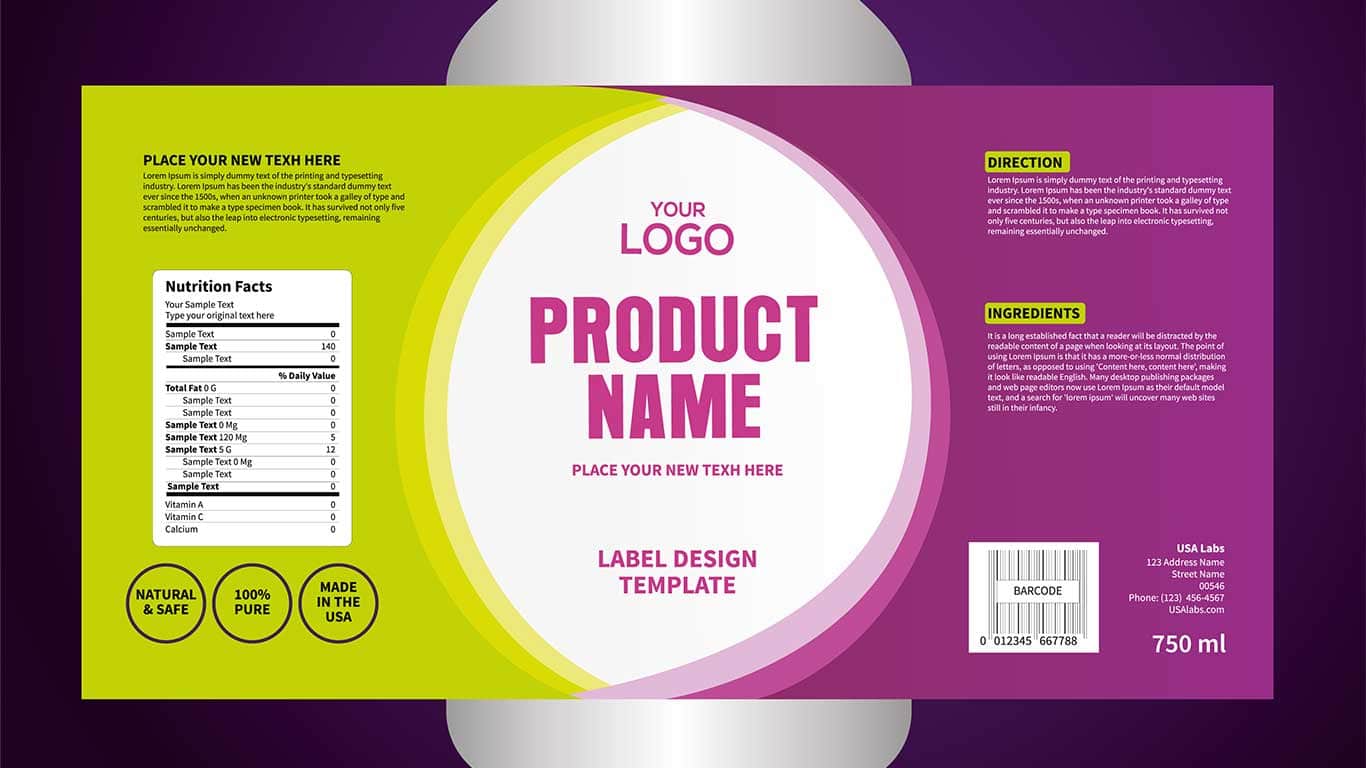Heal the world and make it a better place. That was pop icon Michael Jackson’s vision in 1992. Now, 25 years later, his message is more urgent than ever. After decades and centuries of waste, people are now faced with diminishing natural resources that will eventually be depleted from the planet. This will be a certain demise unless people and industry change their behavior. What do increasing customer demand and product complexity have to do with this issue? Read more in this blog and learn how and why more efficient product development with intelligent software can be a solution to this pressing problem.
Humanity and industry on credit
Most people realize by now that there is a shortage of resources around the world. It is also no secret that we need to be thinking about alternatives – sooner rather than later. The planet’s raw materials are limited and this affects nearly all industries. The Southwest German broadcaster “Südwestrundfunk” recently remarked: The earth is like a bank account that people are overdrawing. In other words, if people are using resources more quickly than they can be regenerated, the Earth’s balance will soon be in the red.
Free Whitepaper
Product Lifecycle Management: Learn how to drive innovation, reduce costs and risks and eventually gain a competitive advantage.
Similarly, experts from the Global Footprint Network are focused on quantifying human use of natural resources. People and industry have statistically been living on credit in Germany since April 2017 and around the world, since August 2017. If everyone everywhere lived the same lifestyle as your average German or American, we would need at least three Earths to allow for enough time for the Earth to regenerate its resources. People and industry use too much energy, emit too much CO2 and use by far more fossil fuels, ore and water than necessary. This is industrial life on loan – and developing products more efficiently is closely tied to this reality.
Rising demands due to changing scenarios
Particularly, as related to a growing world population, people are now forced to find another way to enable life on this planet for future generations. For businesses operating in the industry, this means an overhaul of all processes. Only enterprises which can manage to find more efficient and effective production processes in the long run will be able to exist in the future. However, many businesses are constantly faced with new challenges to creating more efficient product development. Especially with growing customer demands and product complexity, it is increasingly difficult to meet existing time and budget requirements given the resources at hand.
To remain competitive and at the same time to satisfy the increasing expectations of more environmentally conscious consumers, companies are increasingly under pressure to bring their products to market faster. This is the only way businesses can remain ahead of the game and simultaneously meet changing market requirements, as well as keep step with the growing complexity of product development and ingredients increasingly subject to more stringent product labeling and disclosure requirements. This is especially true for product development, which is progressively beholden to decisive changes in the era of digitalization. More efficient product development is therefore quintessential.
Wasteful processes
Finding alternatives to wasting resource starts with rethinking processes and task management. Digitalization is ushering in Big Data, which presents a particular challenge to companies in managing these large volumes of data on a daily basis. Tackling data management is essential for any business in the industry. Along with holding significance for customer retention and long-term success, customer data represents the groundwork for daily operations. This data includes basic information for business-related objects and processes, which remain constant over time and thereby provide a solid foundation for daily workflows.
On the other hand, businesses that rely on manual data capture and data management are especially vulnerable to errors and being bogged down with superfluous work, costing companies more time and money. This provides little competitive advantage. If you want to create an intelligent enterprise, you should instead concentrate on mastering complex processes and ensure that the data is readily available for analysis at any time. However, in order to do this, unnecessary work and process flows must be eliminated. The first step in this direction is to implement more efficient product development, and additionally, to invest in process automatization, both steps which will result in significant cost reductions.
Challenges in the food and beverage industry
While previously, it was logistically impossible to obtain ingredients from far-flung places, food manufacturers can now obtain ingredients from anywhere. Additionally, the demand for customization is immense and competition fierce. Products must be brought to market with increasing speed and must constantly meet new expectations. These new consumer demands include gluten-free, lactose intolerance and vegetarian or vegan products, which presents many challenges for producers to overcome in order to not lose market potential. Particularly, development areas are increasingly under pressure to engage in more efficient product development.
An increase in efficiency is absolutely necessary to be able to react to market demands and to remain competitive. Above all, rapid, maximum-quality product development is an important competitive advantage. Concretely, for the food and beverages industry, this entails optimizing manufacturing processes and finding solutions for complex workflows. Furthermore, data management constitutes a decisive element for achieving more efficient product development, as all areas in the food industry depend on immediate data availability.
More efficient product development through automatization
To tap into new markets and retain customer loyalty, businesses must be able to access a lot of different types of data. This is the only way companies can react flexibly to all market demands. Many businesses already employ Enterprise Resource Planning (ERP) systems, however, which only in some cases include the required raw materials specifications. At this point, the data pool must be expanded. A product lifecycle management (PLM) software can help you do this. This is the prerequisite for optimizing product development and offers immense advantages. A PLM solution supports rapid product development, optimizes existing product lines, monitors regulatory specifications, and tailors products to customer-specific or regional recipes. Software-supported processes are thereby an important component in respect to recipe development, quality assurance and intelligent workflows.
Moreover, in terms of transparency and data availability, a PLM software promises important competitive advantages. Legal compliance can be easily maintained through regular updates, data accessed at a click, and if needed, published on the Global Data Synchronization Network (GDSN). This makes entire companies transparent and shortens product development cycles and in turn, enables an increase in the overall quality of products and processes. Furthermore, it provides standardized product management to reduce sources of error and possible contamination, thereby promoting more efficient product development and increasing the effectiveness of the entire business operation.
Future-safe through PLM Software
The more automatized the added value is, the higher the productivity of the business. The right PLM software supports the implementation of automatization mechanisms, improvement of processes, helping increase the agility of businesses in the food and beverage industry. This flexibility helps businesses react better to specific market demands and adjust as quickly as possible – even when future market demands require them to work with new raw materials or alternative energy sources.




